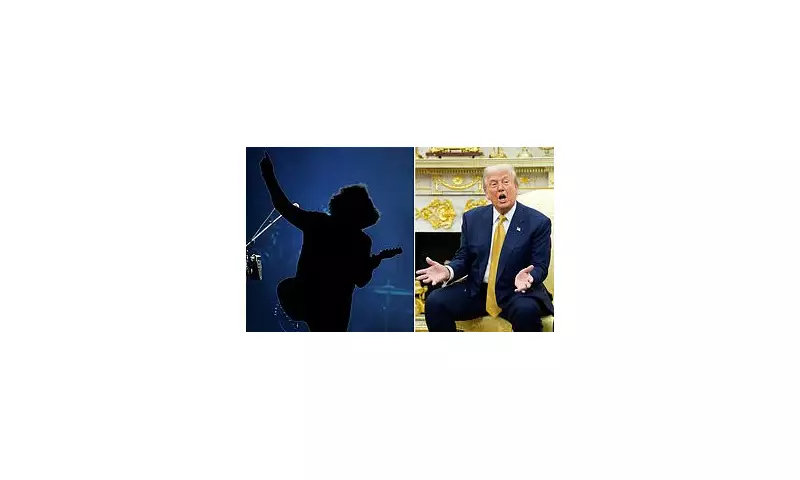
In a dramatic clash between music and politics, renowned rock musician Jack White and former Trump campaign spokesman Steven Cheung have ignited a fiery public feud across social media platforms.
The confrontation began when White, known for his work with The White Stripes, responded pointedly to Cheung's defence of Donald Trump's presidential record. The exchange quickly escalated, drawing significant attention from followers of both music and political spheres.
The spark that ignited the fire
Cheung initially took to social media to champion Trump's accomplishments during his time in the Oval Office, prompting White to deliver a sharp retort that questioned the validity of these claims. The musician's response did not pull punches, directly challenging the narrative being presented by Trump's former aide.
What followed was a series of increasingly heated exchanges, with both parties standing firm in their positions. Cheung maintained his defence of the former President's legacy while White continued to express scepticism about the claims being made.
A divided audience reacts
The very public disagreement quickly captured the attention of social media users, creating a clear divide among commentators. Supporters of both figures rushed to defend their respective positions, turning the personal spat into a broader discussion about political accountability and celebrity involvement in political discourse.
This incident highlights the increasingly blurred lines between entertainment figures and political commentary in today's digital age, where social media platforms serve as battlegrounds for ideological conflicts.
Broader implications for political discourse
The very public nature of this clash between a prominent musician and a political operative reflects the current state of political discourse, where such exchanges increasingly play out in full view of the public. It raises questions about the role of celebrities in political conversations and the nature of political defence in the social media era.
As both figures maintained their positions, the exchange served as a microcosm of larger political divisions, demonstrating how such debates can quickly capture public attention and spark wider conversations about leadership, legacy, and accountability.





